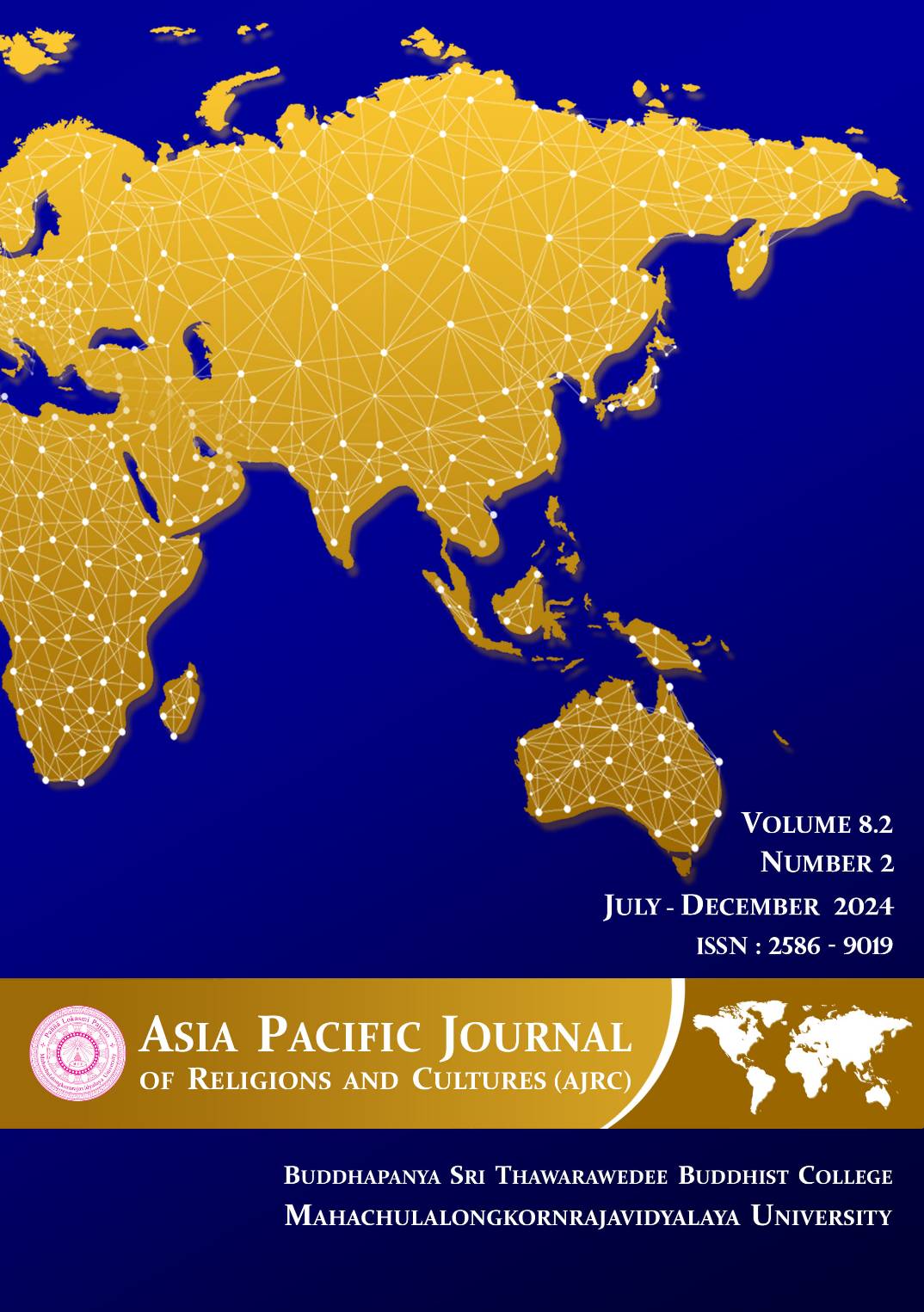THE ROLE OF QI OPERA IN SCHOOL MUSIC EDUCATION
Main Article Content
Abstract
Incorporating Qi Opera into school music education helps preserve and promote traditional Chinese cultural heritage, fostering a sense of national identity and pride among students. Additionally, it enhances students' understanding of China's rich artistic history, providing a unique and culturally enriching musical experience that broadens their appreciation for traditional performance arts. Qi Opera, also known as "Qiyang Opera" and "Chunan Opera", is named after Qiyang County, Yongzhou City, Hunan Province. As an ancient opera with a long history in southern my country, Qi Opera has a history of more than 400 years. After the baptism and sedimentation of the long river of history, Qi Opera has retained its originality while having strong local characteristics. It is widely spread in Hunan, Fujian, Jiangxi, and other regions. Ouyang Yuqian, a famous Chinese dramatist, once said: "Cantonese Opera and Gui Opera are a pair of twin sisters, both of which evolved from Qi Opera in southern Hunan." Qi Opera has witnessed the development of history and the inheritance of culture. Its self-contained performance style is a symbol of my country's splendid civilization and a cultural crystallization of the hardworking and brave Chinese people. This article presented (1) the artistic characteristics of Qi opera, and (2) the role of Qi opera in school music education.
Article Details

This work is licensed under a Creative Commons Attribution-NonCommercial-NoDerivatives 4.0 International License.
References
He, W. (2009). Hunan Opera Music Collection. Hunan Literature and Art Publishing House.
Hu, J. (2019). Analysis on the inheritance and development status of Qi Opera culture. Vision Publishing House.
Jin, J. (2006). Exploration on the teaching of Qi Opera vocal music. Shaoyang University Press.
Nie, C. (1980). Analysis of Qi Opera Vocal Tune. Hunan Hengyang Local Cultural Bureau.
Ouyang, Y. (2004). Chinese Qi Opera. Tin Ma Publishing Company Limited.
Xu, D. (2015). On the Musical Characteristics and Inheritance Protection of Qi Opera. Hunan University of Science and Technology Press.
Zhang, T. (2017). A Study on the Artistic Characteristics of Qi Opera and Its Educational Inheritance. Literary Life Publishing House.
Zhou, A. (2013). Hunan Opera Records. Hunan Literature and Art Publishing House.
Zhou, Z. (1997). Shaoyang City Annals. Hunan People’s Publishing.


